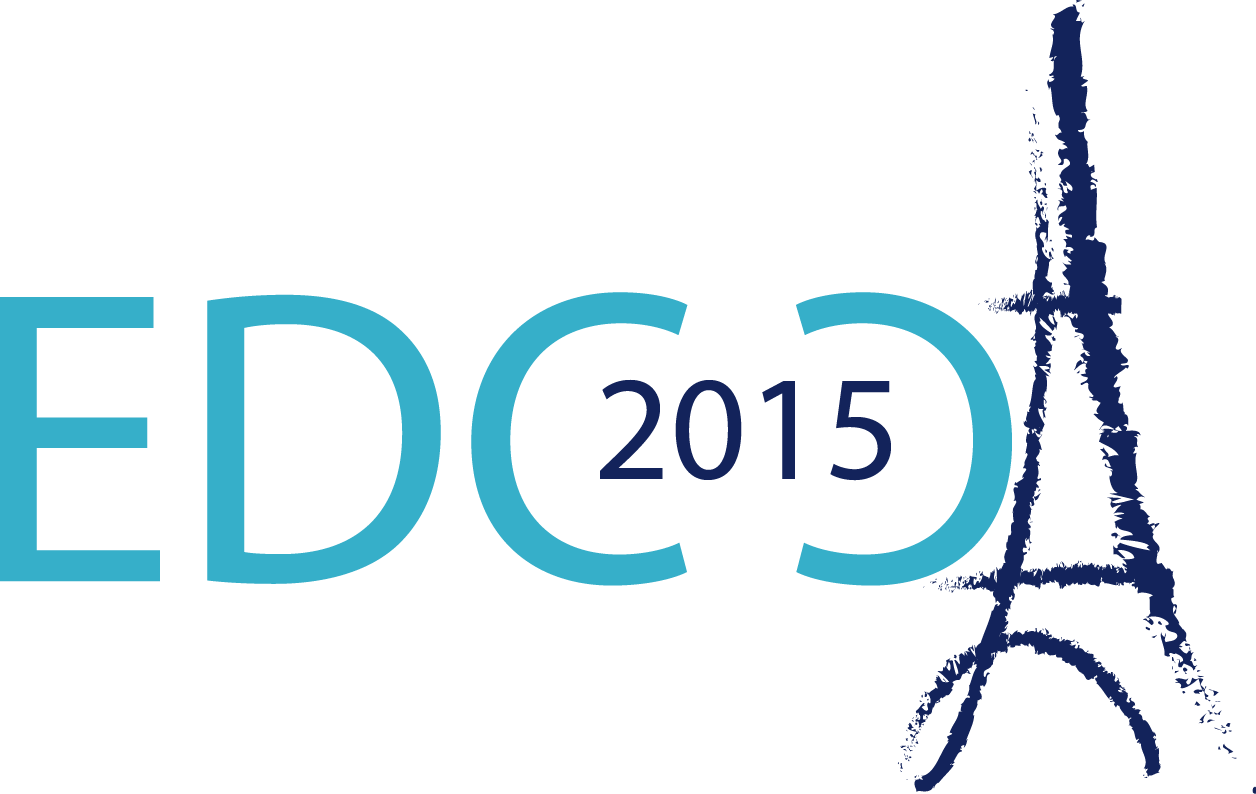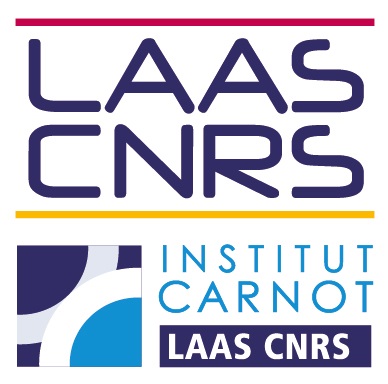
Keynote Speakers
We are very pleased to announce details of our Keynote Speakers:
Wednesday 9th September 2015
Thomas Granlund (Saab Group)
Soft Errors in Electronics Induced by Atmospheric Radiation - a reliability issue?
Abstract: The prevailing particle flux in our terrestrial atmosphere present a harsh environment for electronic systems and devices. It is a highly penetrating radiation not practical to physically protect against by enclosing the vulnerable parts. Intelligent mitigation techniques on different levels is the only solution. You will be shown how large the impact is on different types of advanced devices, what type of errors you may expect to see in today's advanced electronics and how to mitigate against this. For the space and avionic community this is a well-known problem but outside these communities the knowledge is generally low. Fueled by smaller scale technologies, lower supply voltages and more complex devices this issue is now slowly getting more attention from other industries, thus making it more important for us inside the community to share our knowledge.
Ph.D in Physics at the Linköping University in 2000. Worked for Saab AB since then. Published several papers in this field. Is Saabs Expert in the field of radiation. Has 15 years-experience in the field of radiation including working direct with our products at Saab, through international projects and in my own research projects. Board member of the Swedish radiation laboratory "The Svedberg Laboratory" and member of the IEC TC107 atmospheric radiation group for upholding the IEC standard (62396 1-7)) in this field.
Thursday 10th September 2015
Marc Gatti (Thales Avionics SAS, Advanced R&T Director)
DSM impact on Reliability for Avionics Use
Abstract: Safety is the main concern for embedded avionic systems. The design of critical systems thus has to respect several safety and quality standards, but the use of DSM (Deep Sub Micron) technologies is going to request for a revision of the procedures of qualification and a revision of the failure models. To satisfy these requirements becomes a challenge for the avionic domain, in parallel the introduction of DSM technologies has an impact on the capacities of the suppliers on one hand and on the control of the intrinsic reliability of the components on the other hand.
An Engineer by background, Marc Gatti joined Thales in 1980 after graduating from ENSEEIHT University, Toulouse, France, with a master in Computing & Signal processing. A French national, he has worked in multiple locations and areas for Thales spanning 35 years career covering computing first in the naval domain for submarines, torpedoes and surface ships then in the aircraft military area for fighters and transport, and now covering both commercial and military areas. Marc has spent five years as a Technical Director with the mission to be the Design Authority for all the projects and programs covering the domain of embedded computing. Now he manages the advanced R&T at the Avionics Division Level; he is involved in advanced researches in this domain and has more than 20 publications and 15 patents in the area of sensors management, processing, modeling and recently in the analysis of ageing phenomena for components using DSM technologies For certified commercial & military aircraft he has participated to the introduction of IMA as the computing reference and now he is working on the preparation on the second generation of these systems. He is also the pilot for the Strategic Activity Domain (DAS) named Embedded System Software and Hardware (SEL) within the Aerospace Valley cluster and the co-pilot for the DAS Photonics for Aeronautic and Space (PHAROS) within the Route Des Lasers Cluster.


